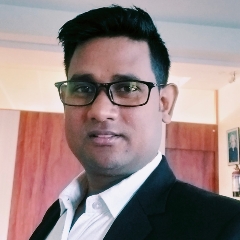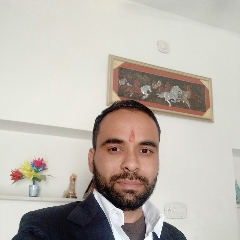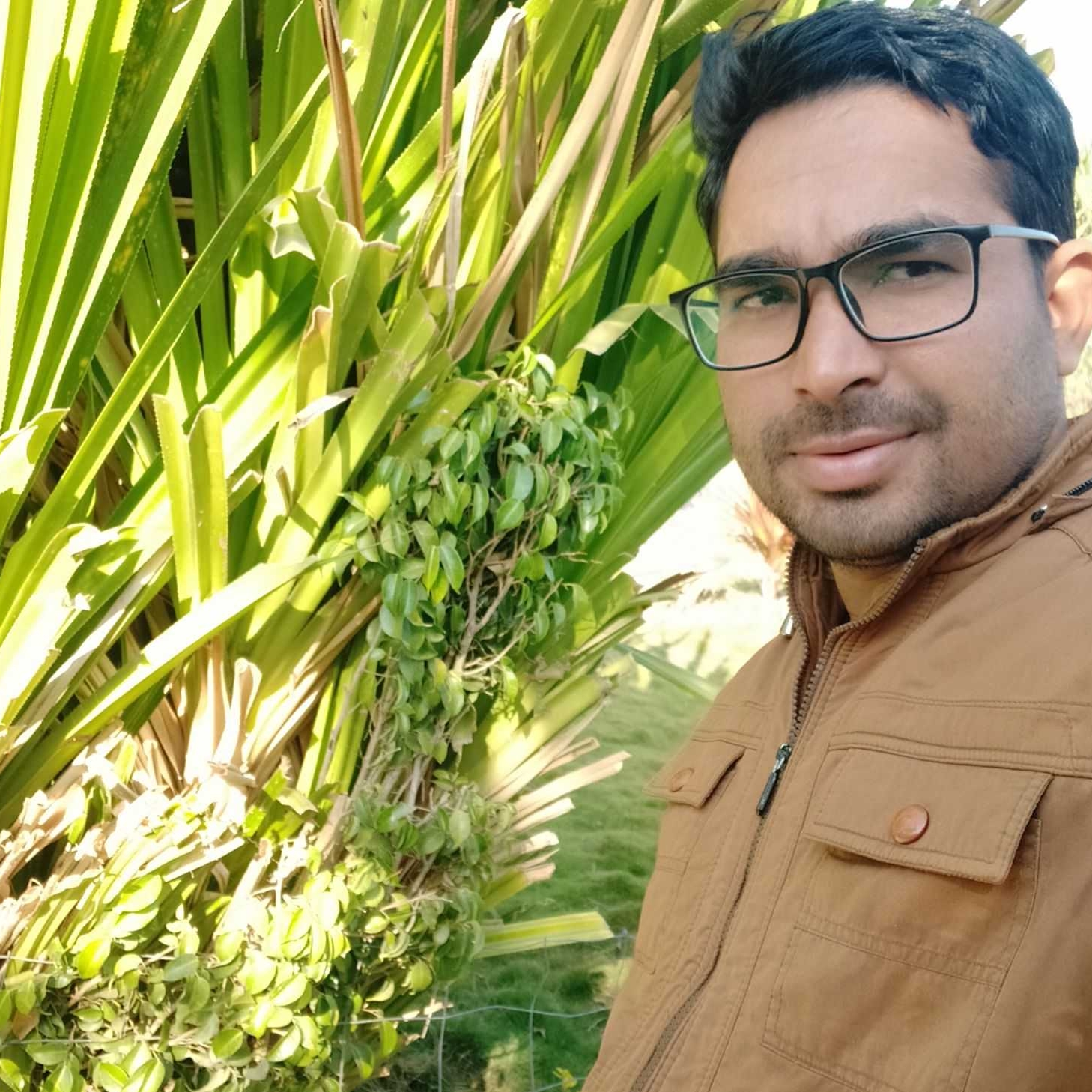Question 5 :
An army contingent of 616 members is to march behind an army band of 32 members in a parade. The two groups are to march in the same number of columns. What is the maximum number of columns in which they can march?
Question 7 :
Find the LCM and HCF of the following integer by applying the prime factorisation method: 17, 23 and 29
Question 8 :
How is 156 expressed as a product of its prime factors?
Question 10 :
Without actually performing the long division, state whether $\frac{23}{2^35^2}$ will have a terminating decimal expansion or a non-terminating repeating decimal expansion.
Question 11 :
Without actually performing the long division, state whether $\frac{15}{1600}$ will have a terminating decimal expansion or a non-terminating repeating decimal expansion.
Question 12 :
State True or False, Let x = $\frac{p}{q}$, where p and q are coprimes, be a rational number, such that the prime factorisation of q is not of the form $2^n5^m$, where n, m are non-negative integers. Then, x has a decimal expansion which is non-terminating repeating (recurring).
Question 13 :
Without actually performing the long division, state whether $\frac{17}{8}$ will have a terminating decimal expansion or a non-terminating repeating decimal expansion.
Question 15 :
The least number that is divisible by all the numbers from 1 to 10 (both inclusive) is _____ .
Question 16 :
What are the LCM and HCF of 8, 9 and 25?
Question 18 :
Use Euclid's division algorithm to find the HCF of : 867 and 255
Question 19 :
The decimal expansion of the rational number $\frac{14587}{1250}$ will terminate after _______.
Question 20 :
What are the LCM and HCF of 17, 23 and 29?
Question 22 :
A/An __________ is a series of well defined steps which gives a procedure for solving a type of problem.
Question 23 :
If n is an odd integer, then $n^2 $– 1 is divisible by 8. Is it true?
Question 25 :
Without actually performing the long division, state whether $\frac{29}{343}$ will have a terminating decimal expansion or a non-terminating repeating decimal expansion.
Question 27 :
How is 3825 expressed as a product of its prime factors?
Question 28 :
Consider the numbers $4^n$, where n is a natural number. Is there any value of n for which $4^n$ ends with the digit zero ?
Question 30 :
State True or False, Let p be a prime number. If p divides $a^2$ , then p divides a, where a is a positive integer.














































